November ushers in the season of giving—of giving thanks, of giving hope, and of giving care, attention, and deep, deep gratitude.
I love Thanksgiving not only for the food but for its larger ability to provide nourishment for the mind, body, and soul. The sentiment behind this holiday is simple, yet profound: Thanksgiving is a time to “give thanks,” a time to reflect on the experiences we’ve had, the rich relationships that give us life, and the many subtle and obvious treasures that surround us daily. It’s a moment to press pause, take a step back, and celebrate our lives for the big, bad, beautiful, imperfect gifts they are. It’s a time to take our gratitude—the inward feeling of kindness received—and transform it into thankfulness—the natural impulse to express that feeling—by acting on our gratitude and manifesting it outside ourselves. Indeed, this month marks a period when we intentionally pivot from turning our attentions inward and prioritize looking outside ourselves for tangible ways we can help others. Thus, in many senses, November defines itself as a month rich with selfless, untiring love.

Notably, acting on our gratitude doesn’t necessitate grand, sweeping gestures or oversized displays of affection. Sometimes, “giving thanks” best manifests itself in the smallest ways, like reaching out to a friend you haven’t connected with in a while or checking in on someone you know is going through a hard time. Sometimes, it’s supporting a worthy cause that actively gives back to the community and courageously lifts those who need it most.
Love Your Melon is one such company that actively brings this concept of “giving thanks” to life. Founded in an entrepreneurship class at the University of St. Thomas in St. Paul, Love Your Melon was an idea born from two friends who wanted to start a business with a meaningful and positive social impact. On a mission to improve the lives of others, the company began in October 2012 with the simple idea of putting a warm hat on the “melon” (or head) of every child battling cancer in America.

Love Your Melon (LYM) gives 50% of its net profit to charitable organizations around the world that lead the fight against pediatric cancer. In community with these groups, the company has worked to create therapeutic experiences and fund charitable programming initiatives for children and families battling cancer.
Since establishing its mission in 2012, Love Your Melon has not only gifted 45,000 hats—one for every child battling cancer in America—but it has also established a new goal of donating one million dollars to pediatric cancer research and providing immediate support to young cancer patients and their families. To date, the company has given over 7.2 million dollars to the fight against pediatric cancer and has donated over 200,000 hats to children battling this horrible illness.
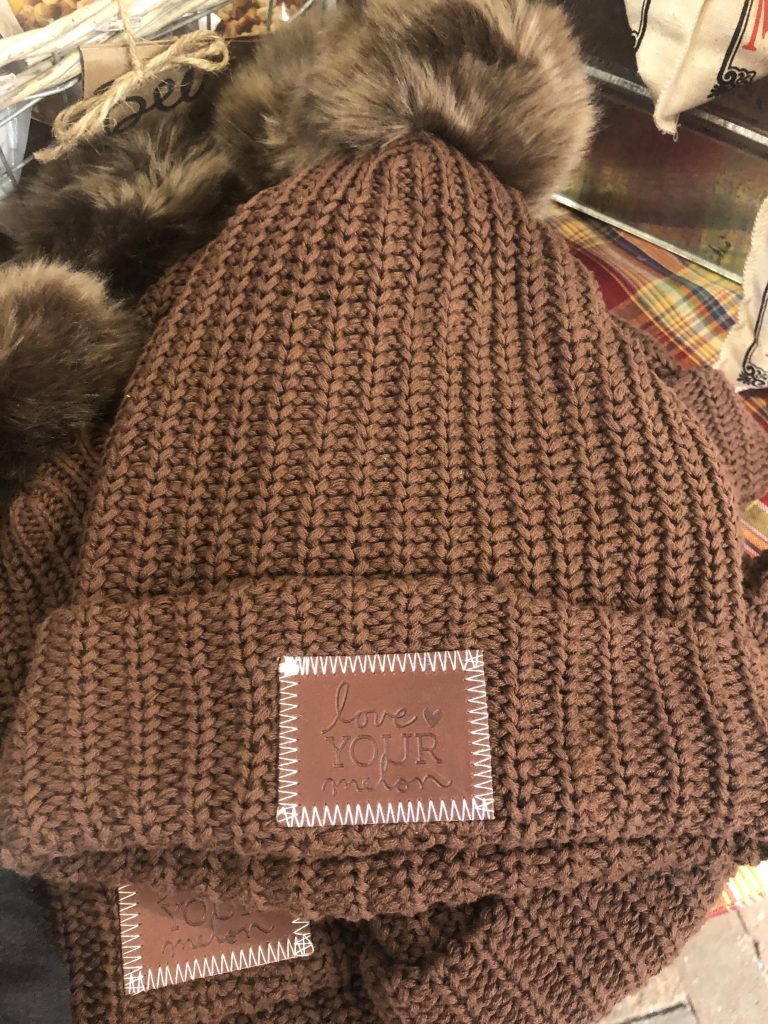
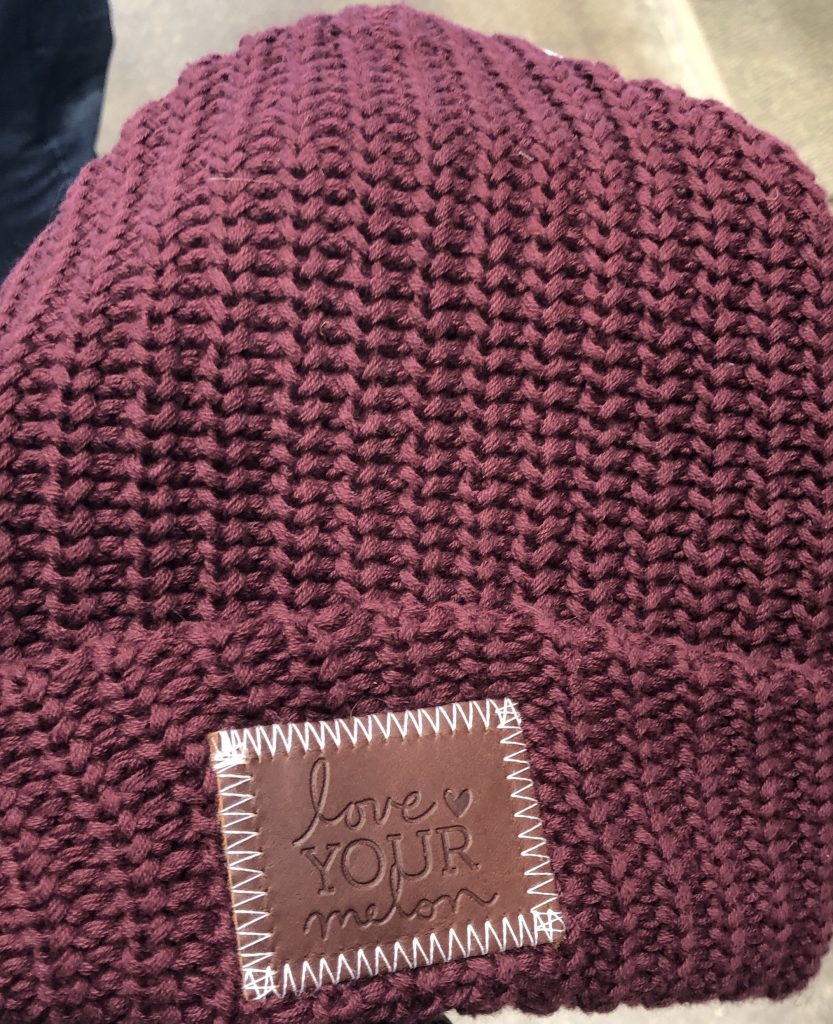
While LYM first gained popularity by creating classic cold-weather beanies with an iconic leather-stitched logo, it has since expanded its product line to include a vast assortment of stylish blankets, scarves, apparel, and now facemasks. And while the company’s inventory continues to grow, its high-demand products only continue to fly off the shelves. Indeed, Forbes has praised Love Your Melon as a consumer product company that was “able to scale nationally in less than five years,” and it now offers beanies that cater to a wide variety of interests with everything from Mickey Mouse-themed double pompom hats to school spirit beanies superfans across the country can proudly rock on college game day.
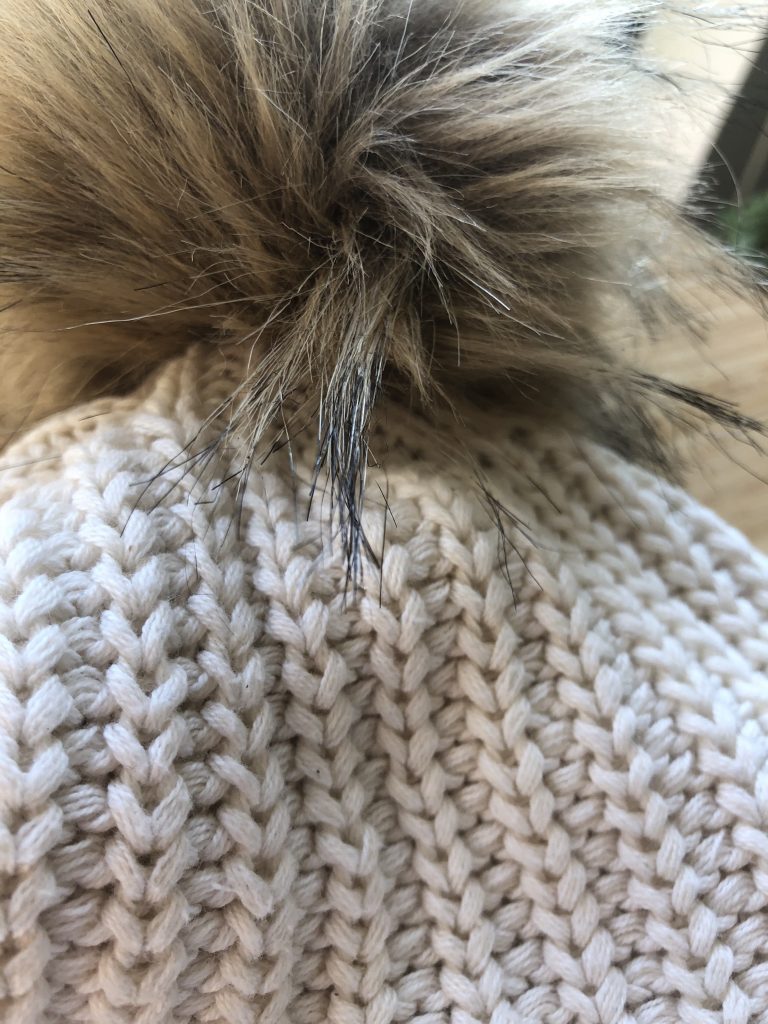
Not only is LYM a praise-worthy philanthropic apparel brand, but it’s also a local Minnesota-founded and made company that commits to building community right here in the Twin Cities. In 2018 the company opened its first brick-and-mortar location in Minneapolis’ North Loop with a different spin on the traditional in-person shopping experience. Instead of offering a steady line of merchandise shoppers can peruse during normal store hours, LYM’s store serves a unique blend of purposes and functions as a hub for community events, grassroot movements, and entertainment gatherings that benefit the consumers, children, and families the company strives to impact. The store is open to the public only a couple times each month for product launches and special events and acts as an event space for photo shoots and external collaborations. In essence, the store is meant to promote consumer engagement and create a space in which customers can actively interact with the community and feel more connected to LYM’s mission.
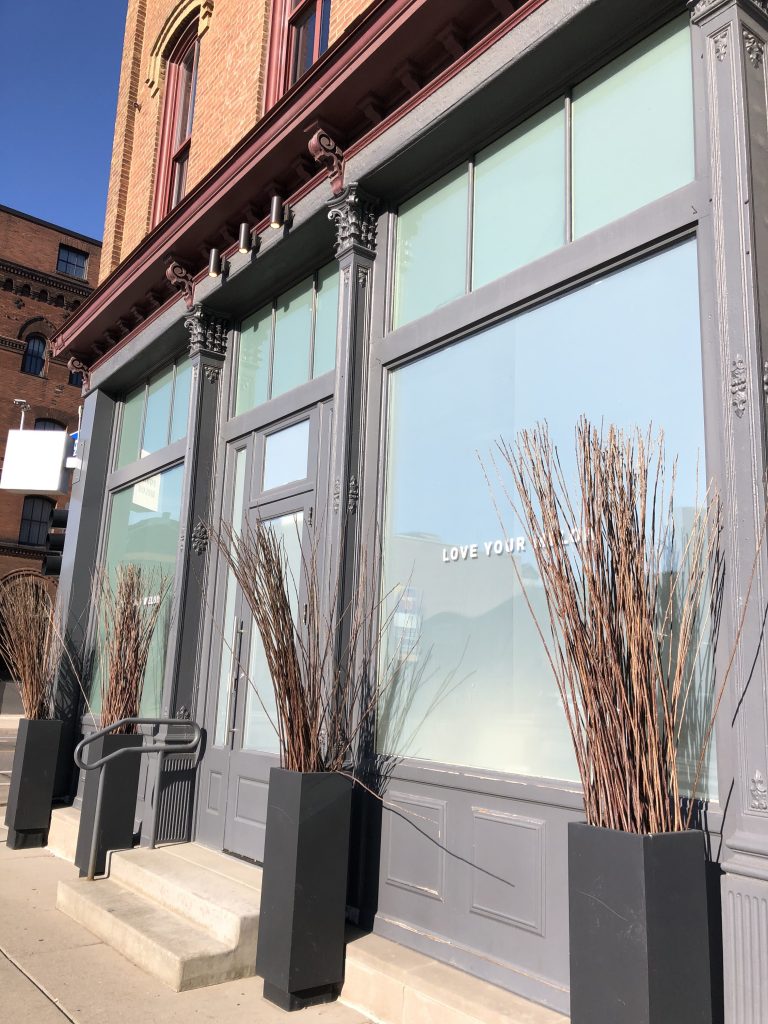
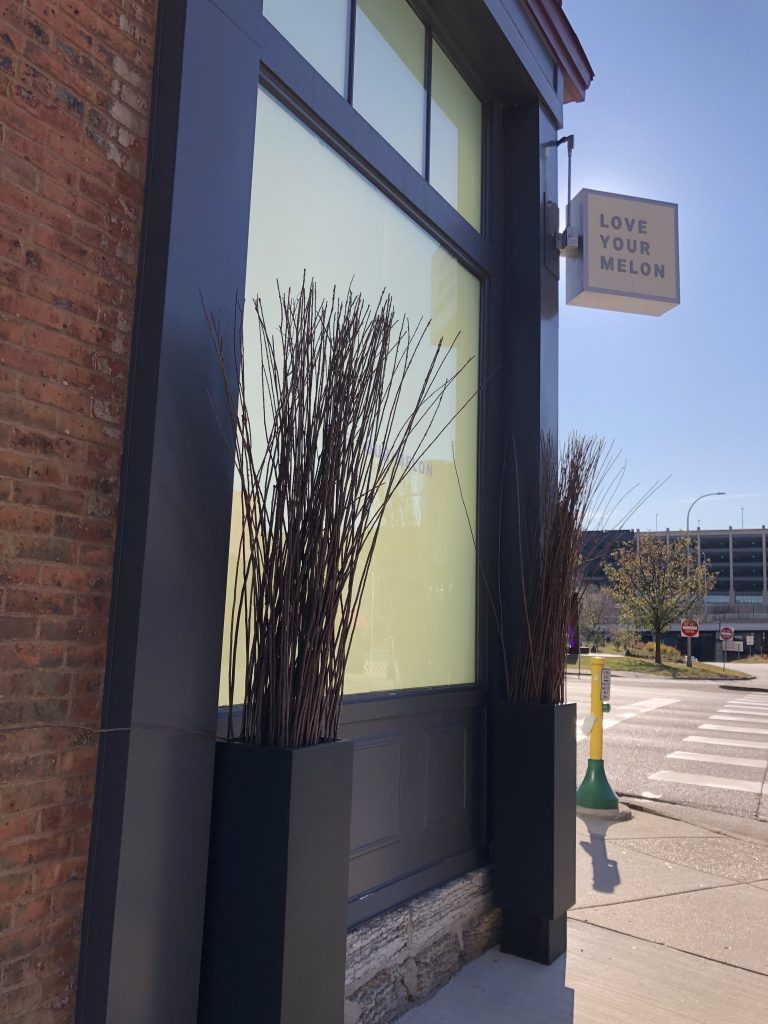
In this spirit, the company also launched its first “beanie vending machine” in 2018 at the University of Minnesota’s Masonic Children’s Hospital. With this out-of-the-box creative offering, children receiving hospital treatment are able to choose their own individualized knit hat that comes packaged with an encouraging message of hope and strength. Since this initial installation LYM has launched another nine vending machines in hospitals across the country, thus supporting children battling cancer by warming their “melons” and spreading the message that they do not fight alone.
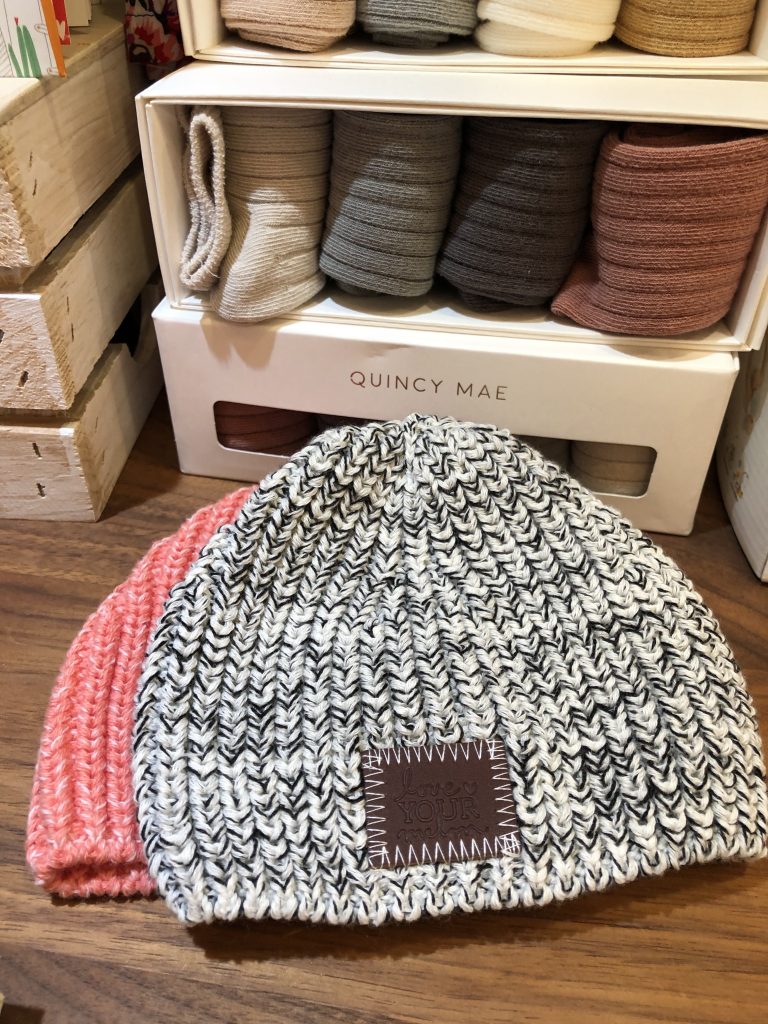
As part of its larger marketing efforts, LYM created a video to help bring its purpose and story to life. While the entire clip is heartwarming, this sentiment particularly resonates:
“By providing warm hats, therapeutic experiences, and financial support, heartbreak can become healing, despair can become hope, and a story of pain can become a story of strength. A child battling cancer can become a superhero: And we are here to help write that story.”
Wow.
What we do and how we show up—for ourselves and others—matters.
How will you write your story? How will you help others write their stories? In this year of heartbreak and uncertainty, how will you cultivate gratitude and intentionally take action to bring your “thanksgiving” to life?
Love your melon. Love your neighbor’s melon. And, while you’re at it, love your stranger’s melon, too.
We can all become superheroes. And we are all here to help one another write that story.
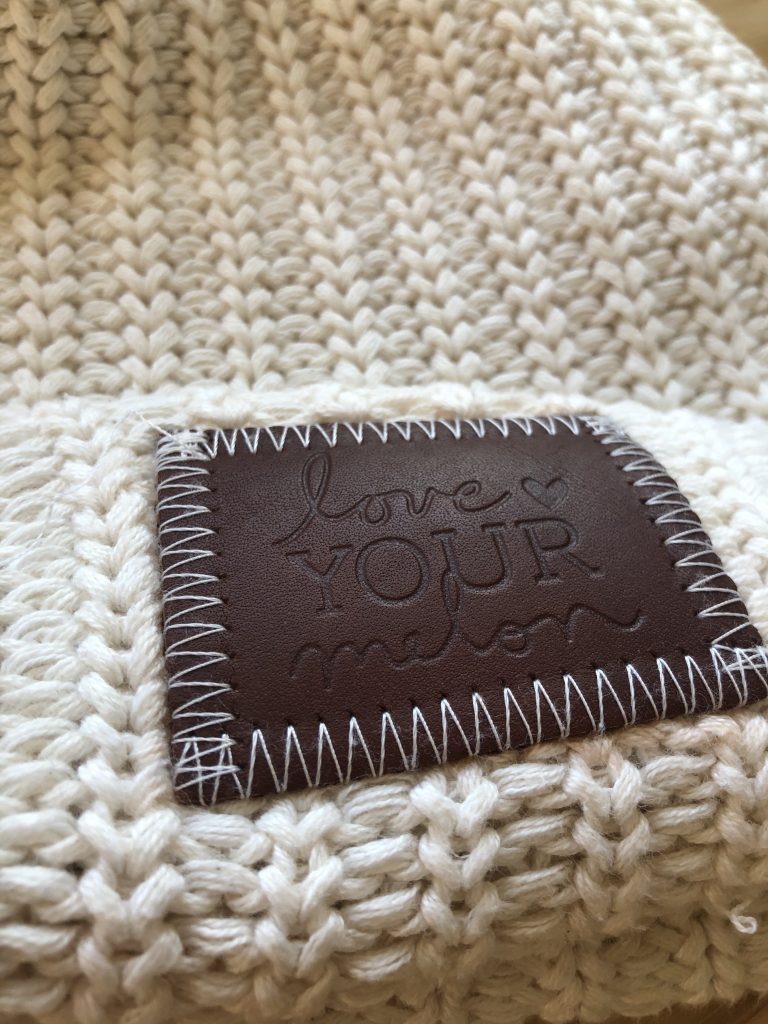



Comments are closed.